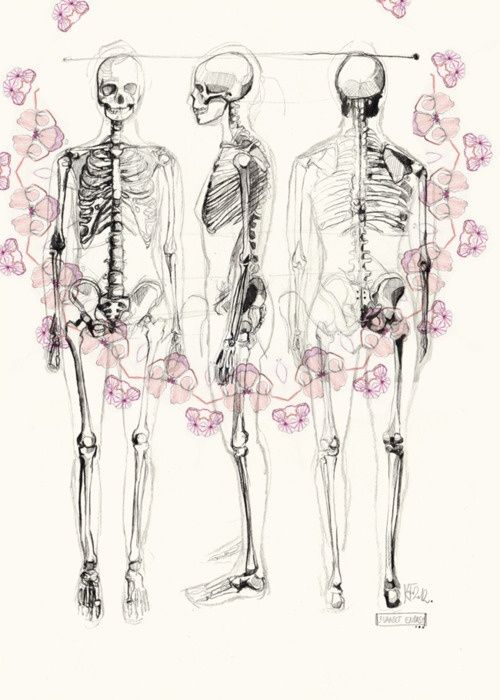A POPULAR DETECTIVE FICTION writers' trope is the sleuth who, while relaxing away from his day job, gets embroiled in a mysterious situation that demands his expertise. It's said that policemen are never really off duty, even when they're on a . . .
"Cop's Holiday."
By Wilbur S. Peacock (1911/15-1979).
Illustrator unknown.
First appearance: Short Stories, June 10, 1946.
Novelette (21 pages).
Online at Archive.org (HERE). (Parental caution: Some mild profanity.)
"He died horribly, dropping slackly . . ."
A mare's nest of violent emotions erupts in murder, forcing a recuperating cop to sort it all out . . . .
Principal characters:
~ Lieutenant Kip Marlowe:
"With his leg almost healed from the wound punched there by a burglar's bullet, his leave of absence was almost up; and he would be glad to be back at work again."
~ Doctor Forbes:
". . . his white hair gleamed in the light as he shook his head. 'Dead,' he said succinctly."
~ Stuart Graber:
". . . knocked the small man down, standing over him."
~ Karen Morey:
". . . that tramp!"
~ Irene Bayliss:
". . . throw me over for her, and I'll tell a few stories which will upset your little plan."
~ Sam Bayliss:
"There was no expression on his face, and he made no move to follow the detective."
~ Tom Morey:
"Then it is true. I've guessed, but I've no proof of anything."
~ Benny:
". . . came running from where he had been springing the pigeons into the air."
~ Captain Oliver:
". . . people die from three causes, murder, accident or suicide. It's obvious this is an accident . . ."
~ Dinky:
". . . was packing the clothes, distaste on his wide mouth at handling the garments of a dead man."
Here's that "moment" again:
". . . the vagrant memory surged into life in his mind. 'Holy hell!' he finished."
Comment: It's noteworthy and very unusual when an author correctly uses the past participle of the verb "to lie": "it might have lain".
Typos: "Marlow"; "Marlow's".
References and resources:
- Many mystery plots are worked out against some real world background that serves as the scaffolding upon which the tale is set; in today's story the background is the world of skeet and trap shooting, the finer points of which are discussed at some length in Wikipedia (HERE) and (HERE). - "a dozen shotgun shells, 20-, 16- and 12-gauge": Shotguns are very effective short-range weapons—when they don't blow up in your face; see Wikipedia (HERE). - "quicksilver!": You can find it in a lot of thermometers; see Wikipedia (HERE). - "squeezed the trigger for the second barrel": It's a good thing the gun didn't have a pump action.
- FictionMags has a list of Wilbur Scott Peacock's short work (HERE). - Our only encounter with Wilbur Peacock is his SFFnal story "Destination—Death" (HERE). ~~~~~~~~~~~~~~~~~~~~~~~~~~~~~~~~~~~~~~~~~~~~~~~~~~~~~~~~~~~~~~~~~~~~~~~~~~~~
























































